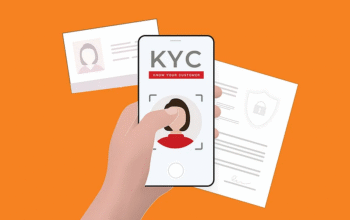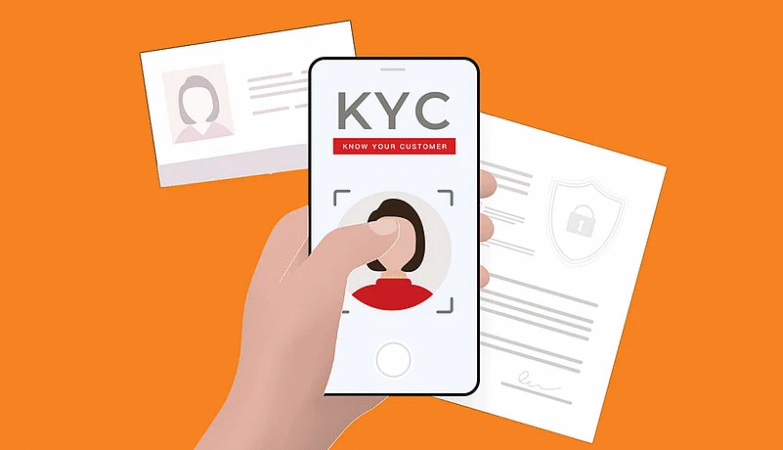Purchasing a used car can be a savvy financial decision, offering numerous benefits over buying new. Used cars generally come with lower price tags, reduced depreciation rates, and decreased insurance costs. However, many potential buyers need financial assistance to complete the purchase, usually in the form of a used car loan. Understanding the requirements for a used car loan—including car loan transfer charges, the car loan interest rate for used cars, and other necessary documentation—can streamline your car shopping experience and bolster your confidence as you navigate the buying process.
Understanding Car Loan Transfer Charges
Car loan transfer charges come into play when you decide to take over or transfer an existing loan from the current owner. This can be an attractive option if you find a vehicle that’s already being financed and you’re offered a favorable transfer rate. However, loan transfer charges can add to the overall cost, so it’s essential to understand what they entail.
Transfer charges can include administrative fees, legal fees, and processing costs assessed by both the existing lender and your prospective one. Before agreeing to a loan transfer, carefully review the terms and fees involved. This will help you avoid unforeseen costs that could strain your budget down the line.
Essential Documents Required for a Used Car Loan
When applying for a car loan for used cars, you’ll need to meet certain documentation requirements. These typically include:
1. Proof of Identity: A government-issued ID, such as a passport, driver’s license, or social security card.
2. Proof of Income: Lenders will want to ensure you can afford monthly payments. Pay stubs, bank statements, or income tax returns can fulfill this requirement.
3. Proof of Residence: Utility bills, lease agreements, or mortgage statements.
4. Credit Report: Your credit history will play a significant role in determining loan approval and interest rates.
5. Vehicle Information: Including vehicle identification number (VIN), make, model, mileage, and any prior loan details if you’re considering a transfer.
Submitting accurate and complete documents can expedite the loan approval process, making it easier for you to get behind the wheel of your chosen vehicle.
Credit Score and its Impact
Your credit score profoundly affects the car loan interest rate for used cars. Most lenders categorize credit scores into different tiers, which directly influence your loan terms:
– Excellent (720 and above): You’re likely to receive the most favorable interest rates.
– Good (690-719): You still qualify for competitive rates, although slightly higher than the best offers.
– Fair (630-689): Acceptable rates, but you may face higher monthly payments.
– Poor (629 and below): Limited options with high-interest rates, requiring collateral or a co-signer.
Checking your credit score before applying can help you gauge where you stand and what kind of loan terms you can expect.
Vehicle Age and Condition
Lenders are more cautious when it comes to financing older vehicles. Generally, the age and condition of the car will influence the loan terms, including the interest rate. Some lenders may have specific criteria, such as:
– Age Limitation: Vehicles older than 10 years may be ineligible.
– Mileage Caps: Vehicles with extremely high mileage might be excluded.
– Inspection Requirement: Lenders may require an independent inspection to ascertain the vehicle’s condition.
Knowing the criteria can help you select a car that qualifies for better loan terms.
Down Payment and Loan-to-Value Ratio
The amount you’re able or willing to put down as a down payment can significantly affect your loan terms, including the car loan interest rate for used cars.
– Higher Down Payment: Generally results in a lower loan amount, reduced interest rates, and shorter loan terms.
– Loan-to-Value (LTV) Ratio: This is the loan amount divided by the car’s value. A high LTV ratio can lead to higher interest rates because it indicates higher risk for the lender.
A larger down payment can also improve your odds of loan approval, especially if you have a less-than-stellar credit score.
Employment History and Stability
Lenders often assess your employment history and stability as part of the application process. A steady job with a reliable income stream provides assurance to lenders that you can manage the monthly payments. Some points lenders consider are:
– Length of Employment: Typically, at least six months to a year at your current job.
– Income Consistency: Regular paychecks enhancing the reliability of income.
– Employment Type: Full-time employment is usually favorable over part-time or freelance work.
Stable employment can potentially lower your interest rate and enhance your loan terms.
Car Loan Interest Rate for Used Cars
The interest rate significantly impacts the affordability of your car loan. Several factors influence the car loan interest rate for used car, including:
– Credit Score: As mentioned earlier, your credit score is a pivotal factor.
– Loan Term: Shorter loan terms usually come with lower interest rates but require higher monthly payments.
– Loan Amount: Larger loan amounts may attract higher interest rates.
– Market Conditions: General economic conditions and market rates play a role.
It’s advisable to shop around and compare rates from multiple lenders to secure the most favorable terms.
Types of Lenders
Various sources can provide used car loans, each with its prerequisites and terms:
1. Banks: Generally offer competitive rates but are meticulous about approval criteria.
2. Credit Unions: Might offer more personalized service and lower rates, particularly if you have existing accounts.
3. Online Lenders: Offer convenience and quick approval but require thorough research to ensure credibility.
4. Dealership Financing: Conveys the convenience of a one-stop-shop, though interest rates may be higher compared to other lenders.
Choosing the right type of lender can simplify your process and potentially save you money.
Additional Considerations
a. Pre-Approval: Securing pre-approval for a used car loan can streamline the purchasing process. This not only gives you an edge during negotiation with sellers but also sets a clear budget.
b. Total Loan Costs: Always consider the total cost of the loan, not just the monthly payment. Hidden fees and extended terms can make a seemingly affordable loan much more expensive.
c. Loan Insurance: Auto loan insurance can be a wise addition, providing coverage for the loan in case of unexpected events like disability or job loss.
Conclusion
Securing a used car loan involves several critical elements, from understanding car loan transfer charges to navigating car loan interest rates for used cars. Key considerations include your credit score, employment stability, vehicle age and condition, and the lender’s terms. Utilizing a loan app for used car financing can streamline the process, making it easier to provide comprehensive documentation and understand the different types of lenders, which can enhance your chances of approval and favorable loan conditions.
Being well-prepared can make the loan application process smoother and ensure you get the best possible deal. Carefully consider each factor and take the time to compare options, ensuring you drive away with not only the car of your choice but also a loan that won’t undermine your financial stability.










